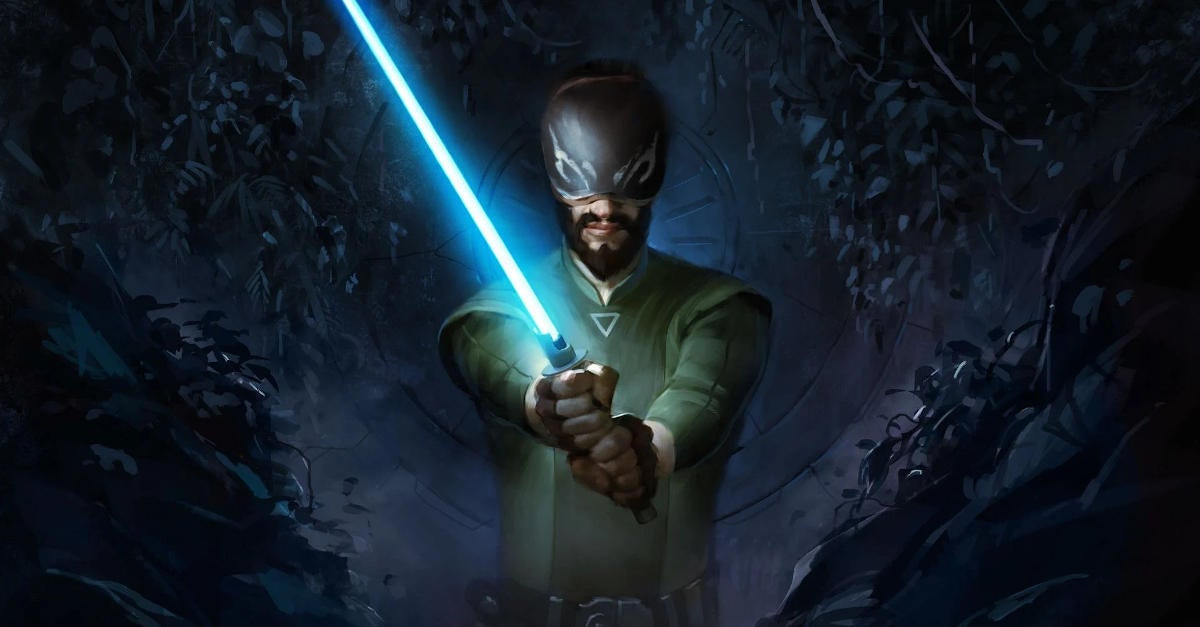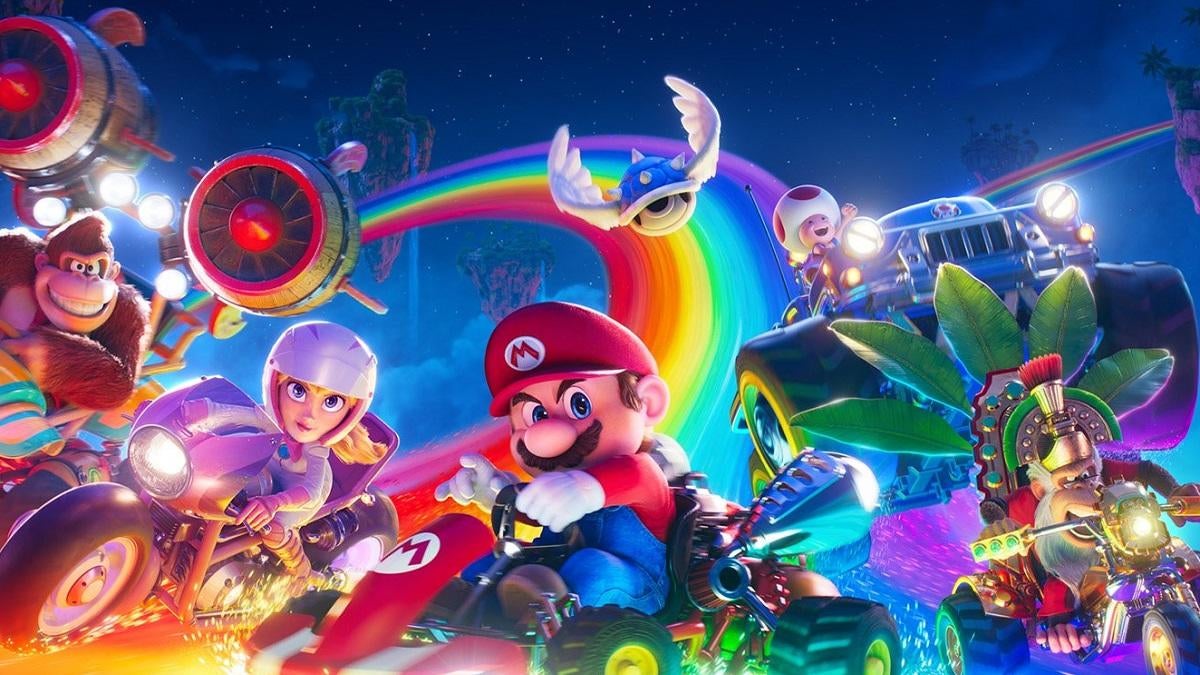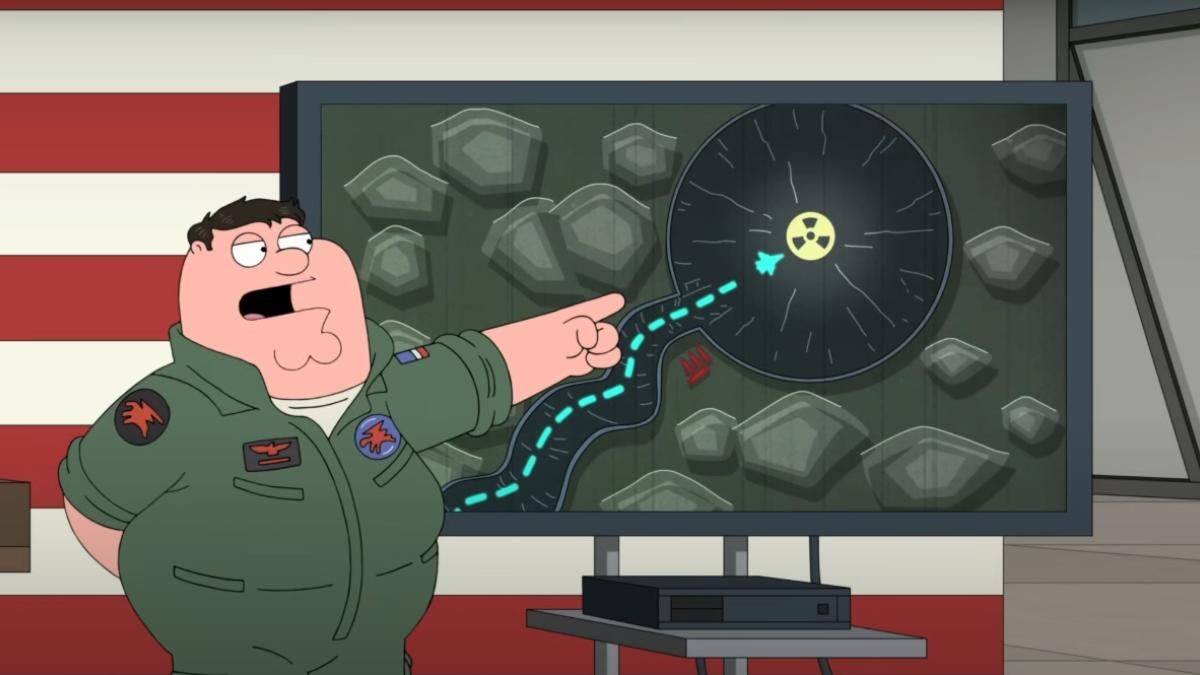The Suicide Squad Review: The Exhilarating and Emotional Blockbuster That DC Deserves
Midway through The Suicide Squad, as the film’s ragtag ensemble is undercover at a seedy bar on [...]
Midway through The Suicide Squad, as the film's ragtag ensemble is undercover at a seedy bar on the island of Corto Maltese, a character proposes a toast: "Here's to being alive." While there are countless elements of The Suicide Squad that inspired awe in me, I was surprised by all the different ways I loved that moment. Not only does the line perfectly encapsulate the team's deadly circumstances (where one wrong move can lead to a bomb going off in your head), while also feeling like an unintentional mantra amid the past year of a pandemic — but in a way, it's almost an acknowledgment of the very nature of superhero storytelling, where retcons, reboots, and even just the passage of time can lead to fascinating heroes and villains fading into obscurity. Outside of Harley Quinn (Margot Robbie), the group showcased in The Suicide Squad could safely be labeled "obscure" — they're colorful baddies with only a handful of appearances under their belt, or B- and C-list antiheroes who are tossed aside in favor of bigger names. In any other context, putting any of The Suicide Squad's ensemble in a major blockbuster would amount to a half-hearted punchline, but in the hands of writer-director James Gunn, it is an honest-to-God revelation. The Suicide Squad is an endlessly entertaining and creative masterpiece that overflows with humor and heart, all while showcasing the brilliant, absurd beauty of DC Comics in an unprecedented way.
Set years after the events of 2016's Suicide Squad (but in a way that requires no prior knowledge of the first film), The Suicide Squad sees Amanda Waller (Viola Davis) recruiting the worst possible villains for a deathly important mission in the aforementioned Corto Maltese. In addition to Harley, these include — but absolutely are not limited to — Bloodsport (Idris Elba), an inventive Superman-injuring assassin who is blackmailed into joining the team; Ratcatcher 2 (Daniela Melchior), a young woman who inherited a kinship with rats from her father; Peacemaker (John Cena) a pacifist vigilante who will kill anyone to further his agenda; Polka-Dot Man (David Dastmalchian), a melancholic metahuman who needs to spew polka-dots from his body to survive; and King Shark (Sylvester Stallone), a bloodthirsty yet adorable human-shark hybrid. Together, the larger group must stay alive on Corto Maltese long enough to destroy evidence of the secret "Project Starfish" — a plan that puts them face to face with a giant starfish-shaped kaiju named Starro.
If that all sounds ridiculous, that's because it is, but that's a qualifier that Gunn and the cast and crew of The Suicide Squad unabashedly embrace. Before the opening credits even officially roll, one of the biggest things that stands out is the film's tone, which effortlessly combines gruesome violence, unironic coolness, and genuine emotion in one fell swoop. Regardless of whatever is playing out on-screen — a giant kaiju battle, a blood-soaked fight scene, or a simple exchange of dialogue — there's a sense of warmth and catharsis that ruminates throughout, one that helps the audience fall in love with villains that they most likely aren't familiar with. (The extent of that emotion unfolds in a way that never comes across as manipulative, but is so strong that it almost makes the most heart-wrenching moments of Gunn's Guardians of the Galaxy movies feel a little reserved in hindsight.)
Even with a run time just over two hours, every single principal cast member manages to be essential to the plot at hand, and gets some sort of memorable and emotional hero moment that illustrates the breadth of their respective comic appearances. Whether those big moments inspire laughter, sympathy, or some combination of the two varies from character to character, but the majority of them are going to leave audiences wholeheartedly connected to each individual story that's playing out on-screen, as well as the dire consequences the team faces. It's honestly a little stunning to witness, especially considering how unprecedented it is, as this exact combination of villains has never been on the Squad at the same time in the comics. They also have never gone up against a villain quite like Starro, who is traditionally associated with fighting the "good guys" in the Justice League of America.
Speaking of comic books, while there has been no shortage of iconic films based on elements from DC Comics, The Suicide Squad is one of the first to genuinely aspire to be a "comic book movie." As much as Gunn has cited classic war films like The Dirty Dozen as a source of inspiration, the ways he chooses to bring The Suicide Squad to life could not be more reflective of the way superhero comic books have told their stories for decades. Not only is that the case with the aforementioned tone and sense of spectacle, but even with the way the story is constructed — no line of dialogue is wasted, and no joke even gets close to being stretched thin, in the same way that a typical monthly comic can not afford to waste a single panel. The reverence for comics and how creative they can be is also overwhelmingly clear on an aesthetic level, whether in the construction of a certain fight scene, the way a flashback sequence is presented, or other elements that are just too cool to spoil here. The film so clearly wears its love for John Ostrander's legendary Suicide Squad run on its sleeve (so much so that he briefly cameos in the film), to the point where the only thing it's missing is someone getting hit in the face with a pie.
The Suicide Squad might be Gunn's most ambitious and earnest blockbuster yet — and, luckily, the film's massive cast understands the assignment along with him. The film is tailor-made for each viewer to walk away with their own favorites, but on a whole, there are absolutely no weak links. That being said, there are a number of performances worth mentioning, each of whom shine both individually and in any combination. Melchior delivers a star-making performance as Ratcatcher 2, carrying some of the film's most poignant moments and its weirdest superhero gimmick with ease. Elba and Cena both seem perfectly at home in the DCEU, adding levels to their antiheroes that fans won't be expecting, as well as a rapport with each other that is endlessly rewarding. Dastmalchian further proves that he's one of the best character actors of our current moment, injecting Polka-Dot Man with a pathos and sense of humor that truly shines. Stallone perfectly nails the deadly-but-adorable aspects of King Shark's dialogue, and Steve Agee (who also appears in the film as Waller's employee John Economos) deserves heaps of praise for his endlessly delightful mo-cap work.
Robbie's Harley continues to be the highlight of the entire DCEU, and the ways she fully embraces her identity and individuality serve as the perfect next chapter after last year's Birds of Prey. Harley's solo fight scene, which has been teased throughout the marketing material, is easily among the most gleefully satisfying parts of an already satisfying film. The other returning faces from Suicide Squad — Waller, Rick Flag (Joel Kinnaman), and Captain Boomerang (Jai Courtney) — all marry the great aspects of their existing characterization with some meaningful and essential new nuances. Even the performers who only get lesser amounts of screen time make their appearances incredibly memorable, and prove to be worthy to represent their respective corners of the DC universe.
There's so much of The Suicide Squad that's worth praising on a technical level, beginning with Henry Braham's stunning and grounded cinematography. The costuming from Judianna Makovsky is instantly iconic, with the supersuits really getting to shine on a practical level, even in sequences where the team is sitting around unmasked or partially clad in street clothes. And for the cast members who aren't practical — King Shark, Starro, and the gleefully weird monster Weasel (Sean Gunn) — the visual effects are flawless, to the point where I felt like I could count the pores on King Shark's face in certain scenes. It's also worth shouting out the special effects (both real and practical) that go into the various deaths or other otherworldly sequences, all of which have a violent and inventive energy. That same energy also ruminates throughout John Murphy's score, turning moments that would be innocuous in any other context into reasons to cheer. Gunn's tailor-made soundtrack is also incredible (especially when not limited to the Walkman-friendly confines of the Guardians movies), with an inspired combination of country, classic rock, standards, and modern pop and rock.
There are so many things about The Suicide Squad that are revolutionary, from the extraordinary ensemble cast to the compelling and downright absurd story. But the most surreal element of the film might be the way it showcases the endless potential of the DC universe, with a feeling of wonder that those who have spent hours thumbing through back issues at their local comic shop will probably recognize. The Suicide Squad not only raises the bar for just how much a superhero movie can accomplish in one sitting, but it proves that the weird and oft-forgotten comic characters are superstars deserving of your attention. I have never seen a superhero movie with such a refined sense of identity and such a love for the source material — and if I never see one like it again, I'll only be a little disappointed.
Rating: 5 out of 5
The Suicide Squad will be released in theaters and on HBO Max on Friday, August 6th.




